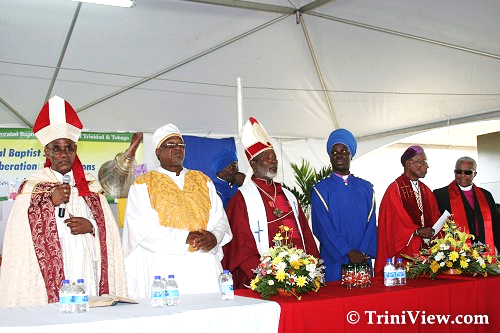
Avellon Williams
TRINIDAD AND TOBAGO- Spiritual (Shouter) Baptist Liberation Day is an annual public holiday celebrated in the Republic of Trinidad and Tobago, on March 30.
The holiday commemorates the repeal on March 30, 1951, of the 1917 Shouter Prohibition Ordinance that prohibited the activities of the Shouter or Spiritual Baptist faith.
I Trinidad and Tobago are home to the Baptist faith, which is a legacy of the Merikin community. The ‘Merikins’ were African-American refugees of the War of 1812 – freed slaves who fought for the British against the Americans during the war of 1812.
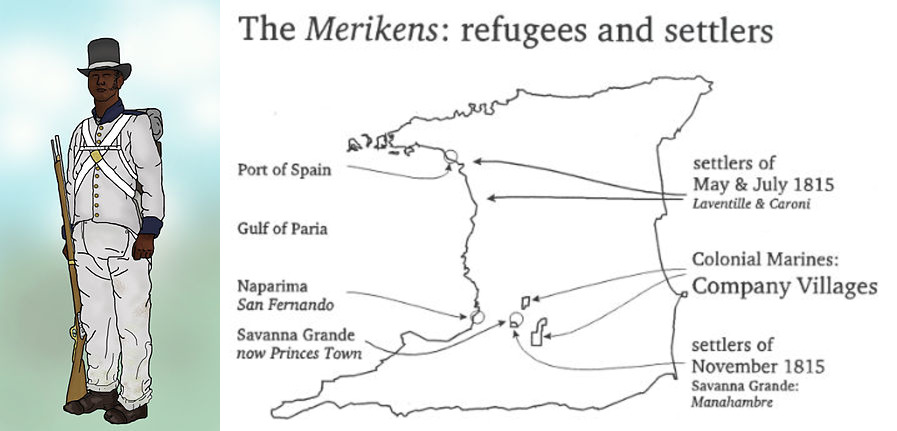
In the aftermath of the war, the Merikins established a community in the south of Trinidad. They brought the Baptist faith, having been part of evangelical sects common in places such as Georgia and Virginia.
In 1917, the Ordinance was enacted and for 34 years, this syncretic religion (a mix of Christian and African Orisha elements) was banned, ostensibly, for no greater reason than the loud sounds of their singing and clapping — and the perceived “threat” to colonial law and order.
The ordinance was introduced by the then-attorney general Sir Henry Gollam who described the religious practices of spiritual baptists as an “unmitigated nuisance.” Another possible reason behind the ban is that the leaders of the other established religions saw the popularity of Spiritual Baptists as a threat.
It was against the law for the next 34 years to participate in a Shouter Baptist service or to use the property for that purpose, and for those who did so, the punishment was a fine of $240TTD.
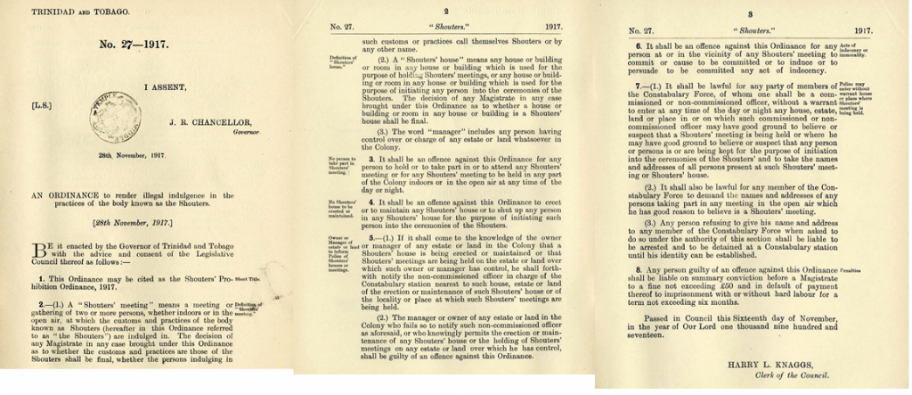
A system that jailed individuals for religious convictions was clearly unsustainable, yet the Shouters Prohibition Ordinance remained on Trinidad and Tobago’s statute book until 1951. Then, with the rise of anti-colonial and nationalist sentiment in the run-up to Independence, this relic of anti-African prejudice was ditched.
Prominent among those pressing for the repeal were members of the new Legislative Council, elected by universal suffrage, such as Albert Gomes and Uriah “Buzz” Butler, himself a Spiritual Baptist preacher.
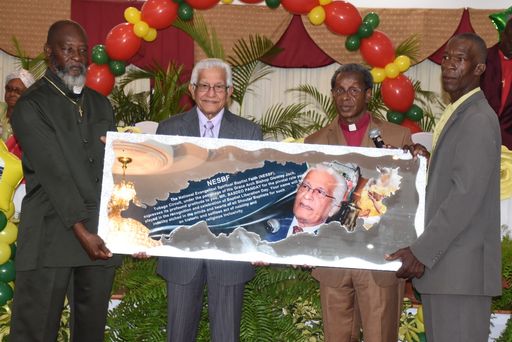
In 1995, the government went a step further, granting an annual holiday on 30 March in honour of the Spiritual Baptist movement. Though the law was repealed in 1951, there was no holiday recognition until 1996, during the administration of former Prime Minister of Trinidad and Tobago Basdeo Panday, to mark the repeal of the prohibition and the struggle for religious freedom.
The religion thrives today, claiming between 100,000 and 200,000 adherents among a population of 1.3 million. In modern, multi-ethnic Trinidad and Tobago, it has reclaimed its place as a religion among equals as well as an indigenous faith, as expressed by the government.
It has become a tradition that bells of freedom are rung across the land proclaiming the diversity and freedom that all citizens enjoy today.
Spiritual Baptists are sometimes referred to as ‘shouters’, as, during services, they shout, clap, sing loudly, and ring bells. During the time of the prohibition on their religion, the Spiritual Baptists dropped the name Shouter Baptists in order to gain more respect for their religion.
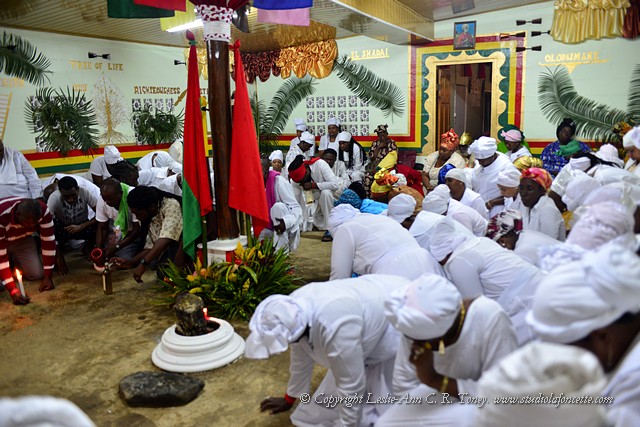
Baptism rituals, as with mainstream churches, were important, but more unique was the “mournin’” process, in which initiates are deprived of food and water, their eyes covered, as they sit or kneel on bare ground for up to a week.
This is thought to allow them to experience a symbolic death and resurrection, whereby their old sins are cast out and a new beginning is possible.
This, together with the use of symbolic colours, bells, flags, special robes, and headdresses, chanting and, of course, shouting, had little to do with the Baptism practised in nineteenth-century London, and if anything, it had strong similarities — especially in the idea of spirit possession — with Haitian Vodou and Cuban Santería.
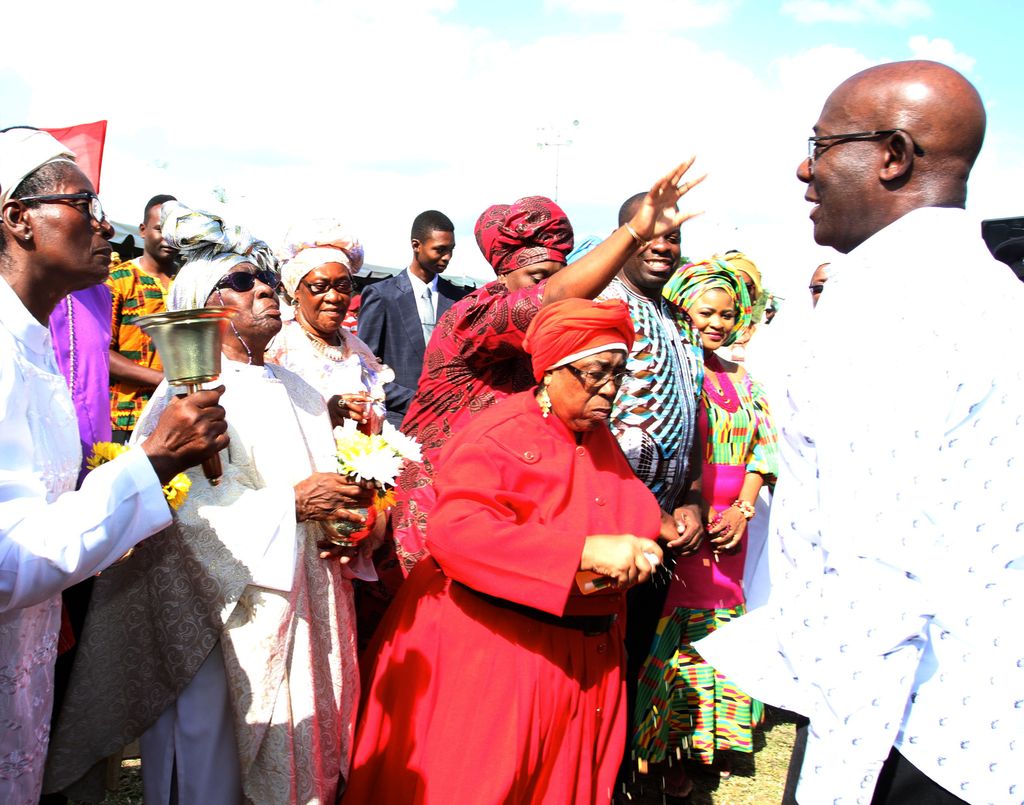
Although the origins of the Spiritual Shouter Baptist Faith in Trinidad and Tobago can be traced to foreign countries, it has evolved over time to become a unique, indigenous religion. It has managed to fuse the spontaneity and rhythms of Africa with the restrained, traditional tenets of Christianity to produce a religion that is vibrant, expressive, and dynamic.
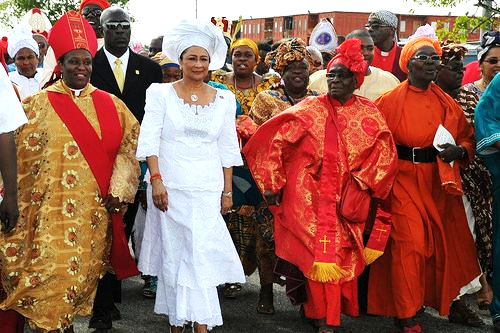
Trinidad and Tobago is the only country in the world that celebrates a public holiday for the Spiritual Baptist faith on March 30.


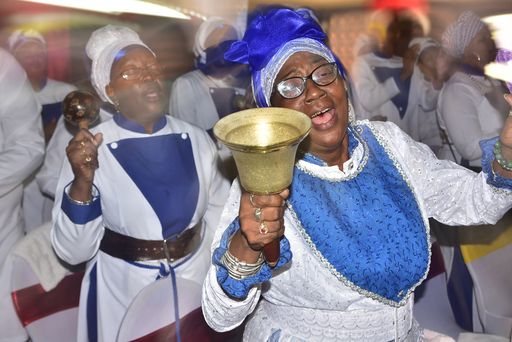
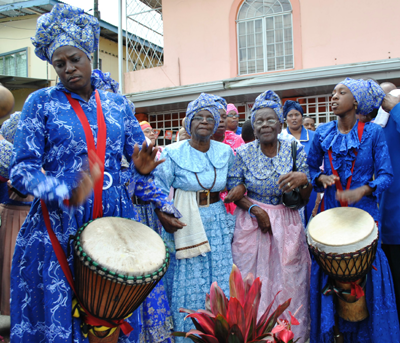
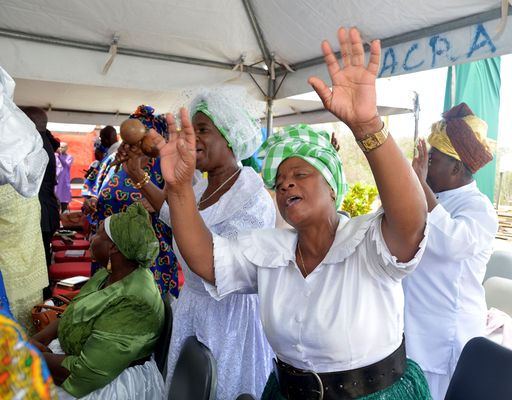
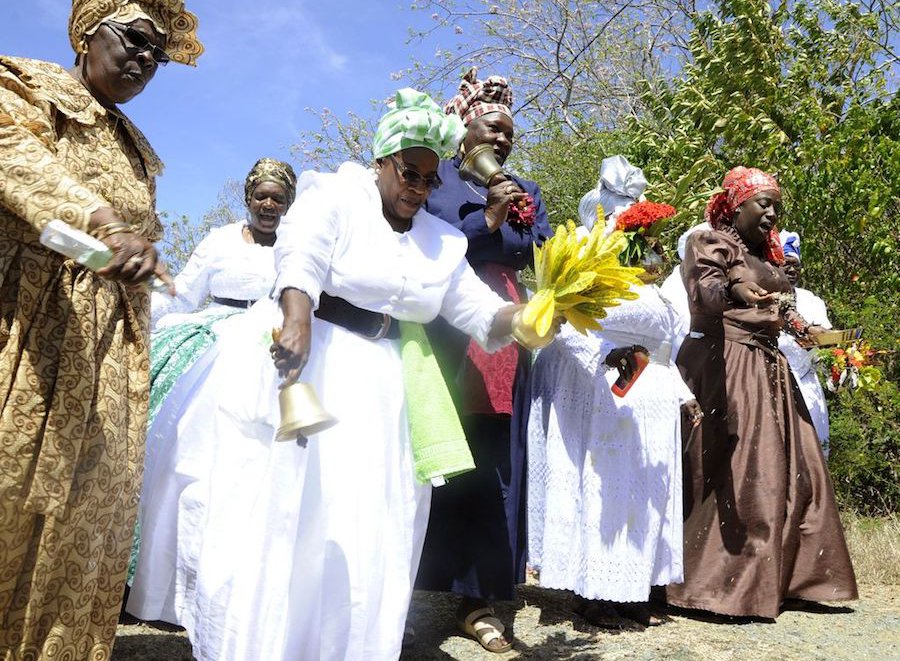
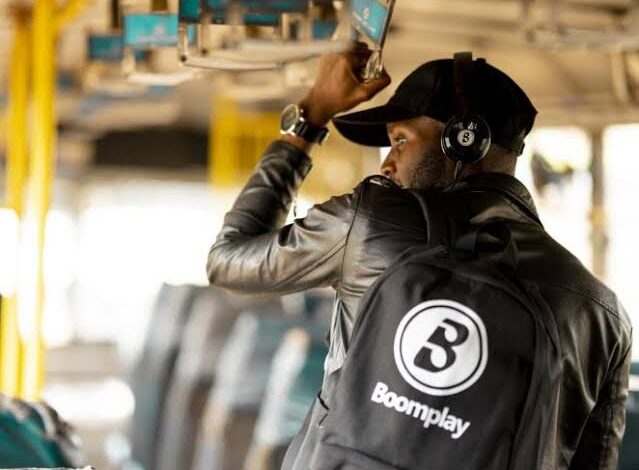
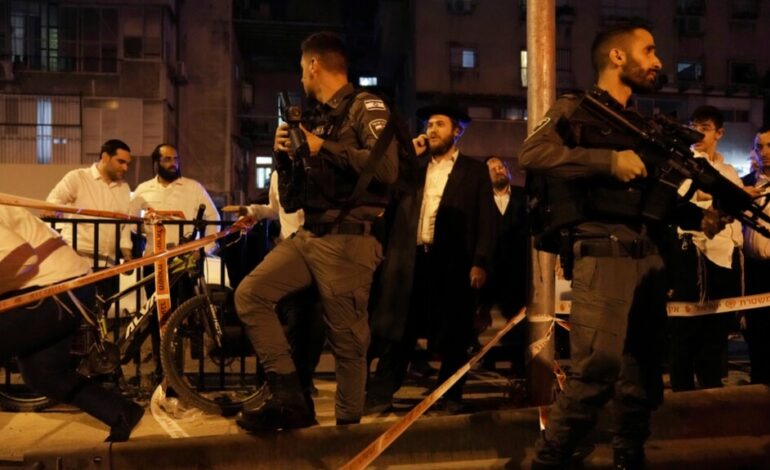

Recent Comments